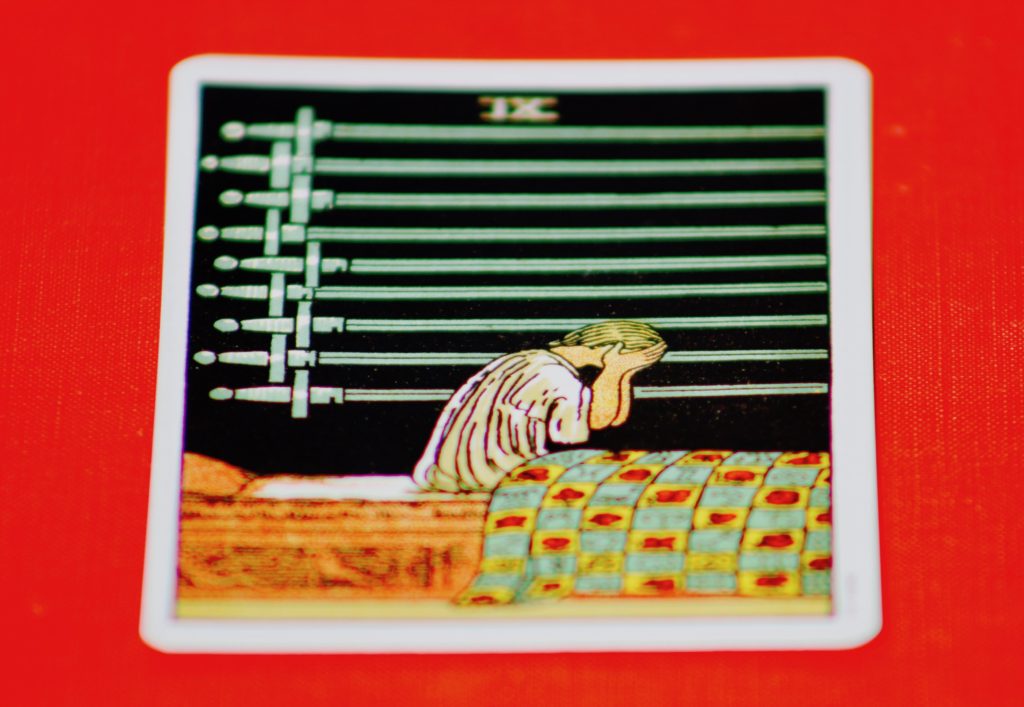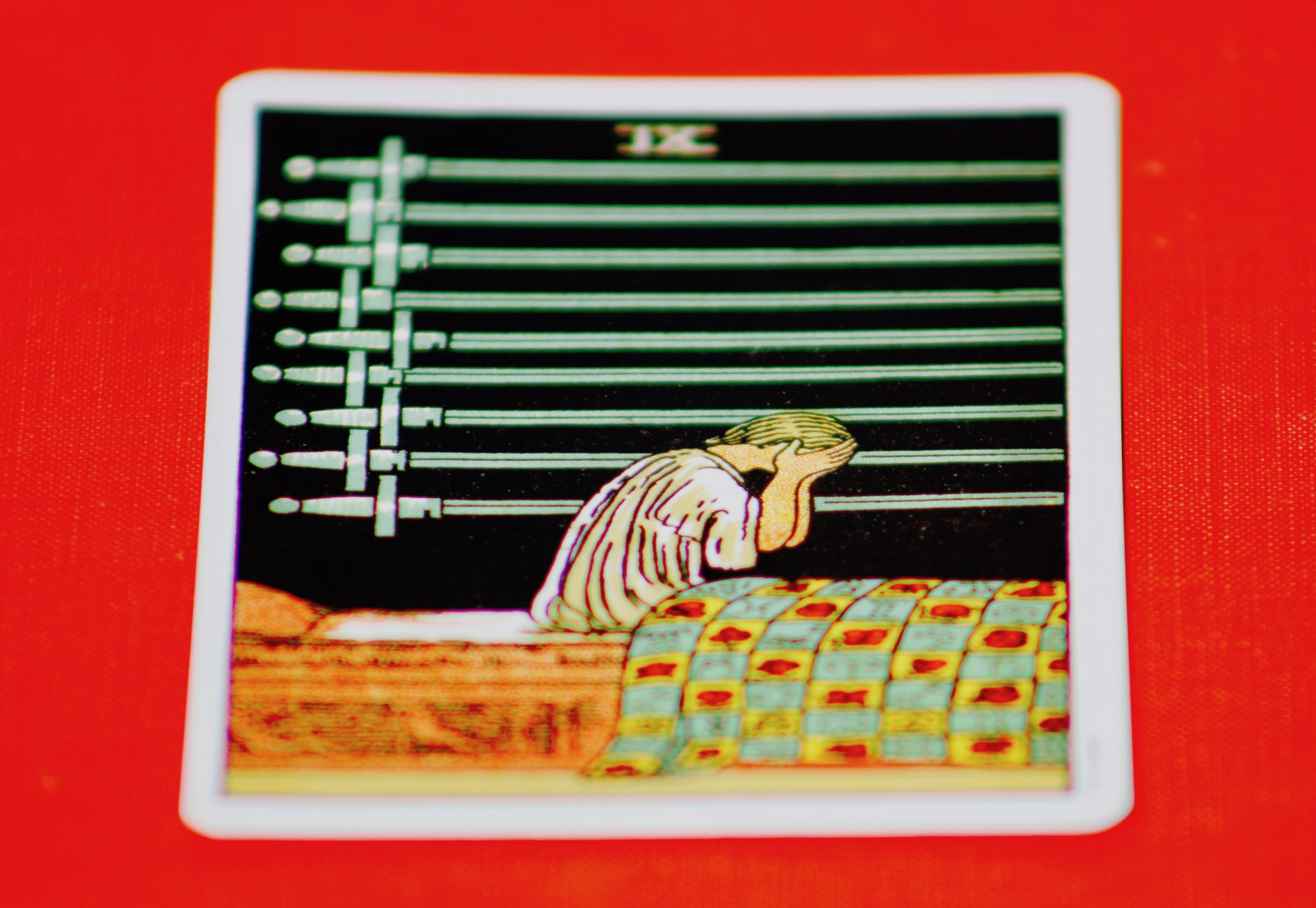By Yaldaz Sadakova

Working-With-Editors Fatigue (WWEF) is a debilitating condition which affects as many as 75 percent of writers and reporters worldwide.
Most people afflicted with this condition—known formally as I’m Fucking Tired of Dealing With Editors—never seek treatment, so they remain undiagnosed.
Symptoms
You have WWEF if you suffer from two or more of the following symptoms:
- The onset of debilitating anxiety every time you sit down to write a story for fear that it won’t be good enough.
- A sense of impending gloom every time you file a story.
- A sense of existential angst every time you see an editor’s name in your inbox.
- A sense of being violated whenever you go over an editor’s changes.
- A feeling of inadequacy regarding your writing skills.
- A feeling of inadequacy regarding your editorial judgement and your overall mental capacity.
- Recurring fantasies about editor-directed revenge.
- Recurring editor-related nightmares.
- Intrusive and disempowering editor-related thoughts.
- Having several stories with your byline which you’re embarrassed to include in your portfolio—and which you hope the world will never notice—because they’ve been mangled by an editor.
Although it’s a mental illness, WWEF is often accompanied by physical symptoms such as headache, ulcer, indigestion, nausea, high blood pressure and insomnia.
Liver damage is also common (as a result of attempting to self-medicate through alcohol consumption).
Causes
There is lack of agreement within the medical community about when WWEF originated.
Some experts believe it has existed as long as writers have existed.
Others surmise that this condition originated about a century ago, aided by a toxic culture in media and publishing which preaches that the editor is always right (regardless of how incompetent they are).
Although it’s called fatigue, this illness is caused by suppressed editor-induced rage which the writer has been unable to express for fear of being dubbed difficult to work with.
WWEF is caused by one specific, poisonous type of editor: the asshole editor.
The asshole editor is the most common type of editor, which is why this condition is so prevalent.
Working with good editors never leads to WWEF.
However, good editors are rare, making up less than 18 percent of the global editor population.
Asshole editors display the following behaviors:
- They’re unable to utter or even type phrases like “I will defer to you,” “I apologize,” “you know better,” “I’m not perfect,” “I appreciate your efforts,” “I trust you.” These phrases are literally foreign to them.
- They believe that they can do no wrong and that they know better than everyone else. Their demeanor is narcissistic, authoritarian and characterized by distinct lack of humility and empathy—something they take great pride in.
- They steamroll over your work. They rewrite with a heavy hand, even when no such rewrites were necessary, replacing your clear language with awkward phrasing. They disregard your personal style and impose their own pompous style on you. They believe this makes them outstanding and highly capable editors.
- They introduce errors in your work. When you point that out, instead of apologizing, they get defensive, as if to say, “how dare you!”
- They get defensive, even vindictive, if you question any of their edits and behaviors. This is why they’ve been ruling unopposed for ages. They interpret the lack of opposition as confirmation of their brilliance.
- They point out issues in your writing with a harsh, scathing, condescending, snarky or dismissive tone. They believe that if they tear your work apart, inflict mental abuse on you and crush your spirit, this will motivate you to stay upbeat and improve. When it doesn’t, they become more abusive.
- They never or rarely praise your work. When they do, they use generic phrases like “good job” or “good story.” They give the impression that it caused them excruciating physical pain to utter or type these words.
- They act as if their time is more valuable than yours. Due to their narcissism and lack of empathy, they genuinely believe they’re the only ones who are busy and under pressure. They’re convinced you have absolutely nothing to do all day, and you’re free from any pressures or obligations.
Treatment
Left untreated, WWEF leads to deep and chronic psychological trauma which affects all aspects of your life.
In that case, if you become an editor, you will resort to destructive coping mechanisms, most notably being an asshole editor yourself and inflicting the condition on others.
Because it’s a complex illness, WWEF requires prolonged treatment.
Experts recommend the following treatment options. You can use them separately or in combination.
Psychotherapy
This is the best option. But because of the high cost, it’s not available to most writers and journalists, who live around the poverty line.
Art Therapy
Unlike psychotherapy, art therapy is free of charge, and you can practice it in the comfort of your home.
Creative writing in particular can be a great way to start working on your editor-induced trauma.
You can write first-person essays where you detail all the horrendous things an asshole editor has done to you. Be sure to name that editor so that when someone Googles them—hopefully a potential employer!—they will know right away this editor is an asshole.
You can also write fiction and make an asshole editor you’ve dealt with the bad character. For best results, make it thinly veiled fiction and use a name which resembles the real one.
Breaking the Abuse Cycle
If you become an editor yourself, break the cycle of mental abuse by being a good editor.
It’s easier than you think—even though asshole editors make it look like editing is the hardest, most stressful job in the world.
All you have to do to be a good editor is the exact opposite of what the asshole editors you worked with did. ♦
ALSO READ
How I Found My Creative Voice in a Foreign Language

